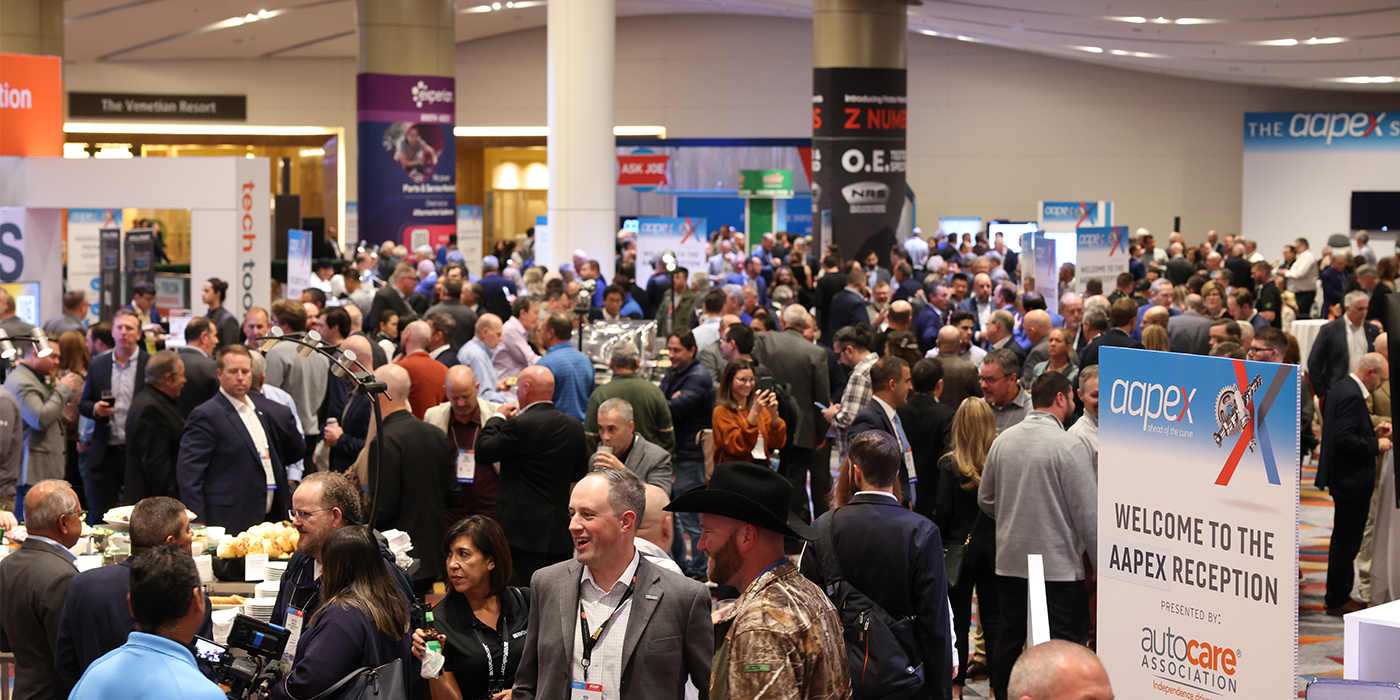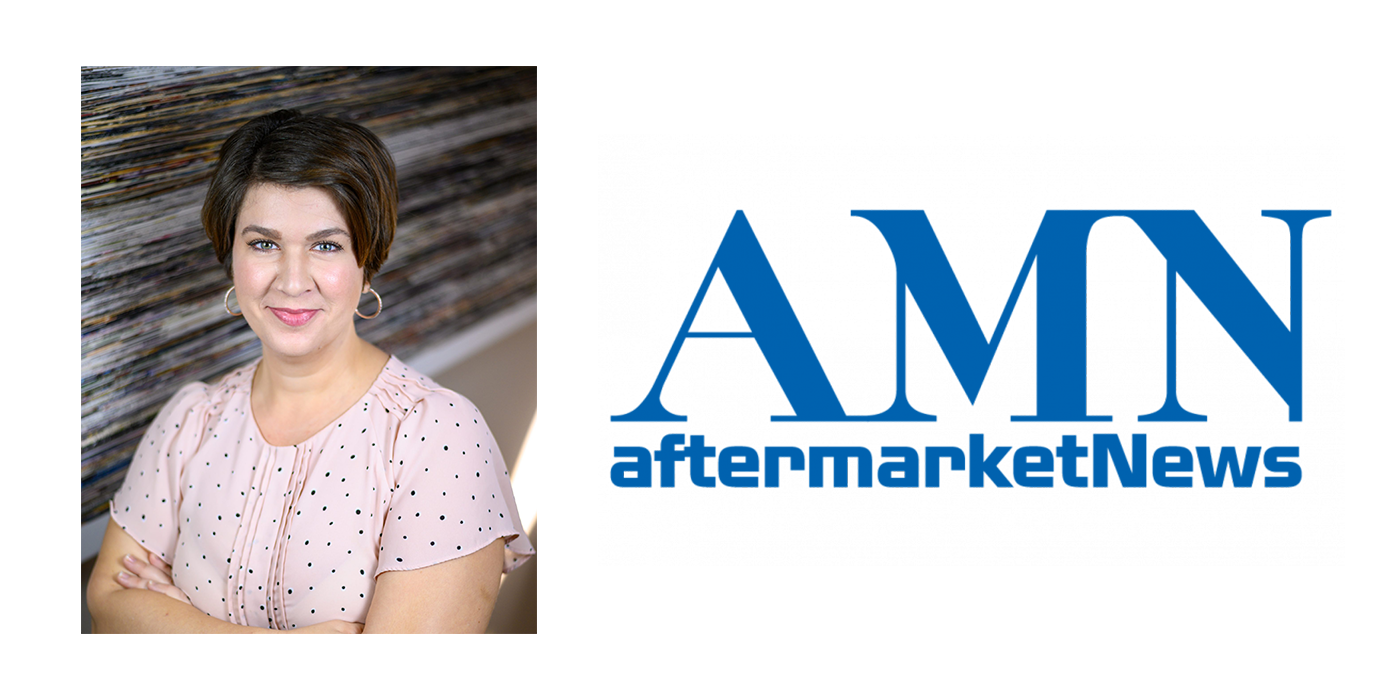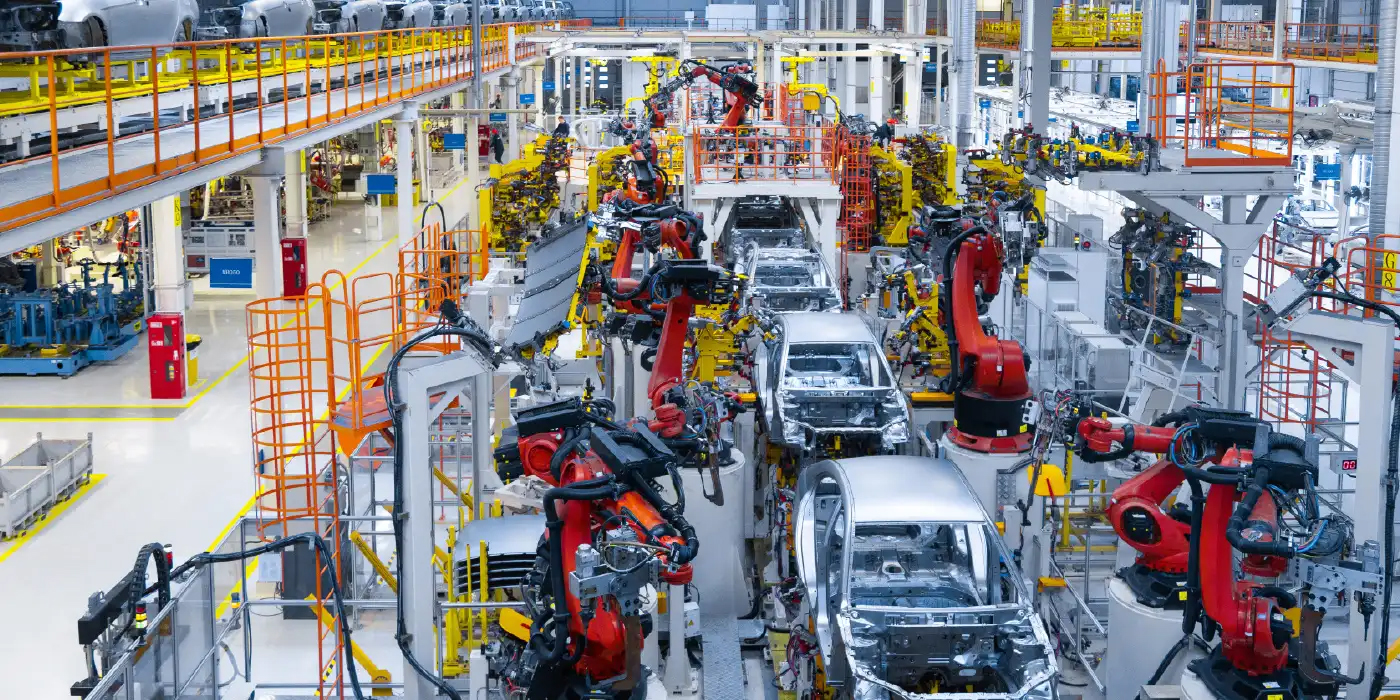by Amy Antenora Editor
The words “offshoring” and “outsourcing” are loaded terms that can touch a nerve with some in the automotive aftermarket. The idea of manufacturing or importing product from overseas brings up questions about quality, safety and intellectual property, not to mention concerns over the loss of U.S. manufacturing jobs. However, for many in the aftermarket, outsourcing is starting to lose its stigma; not everyone in the aftermarket still sees outsourcing as a dirty word.
According to Chris McKenzie, director of marketing for Penray, this U.S.-based automotive and heavy duty chemicals manufacturer purchases nearly 100 percent of its supplies from other American businesses, however he knows his company isn’t immune to changes in the marketplace.
“While it’s often assumed that materials from overseas are priced lower, other factors such as quality and service are equally, if not more, important to our business,” said McKenzie. “Our U.S. suppliers have a significant advantage in the latter categories, but with our industry becoming more and more global, Penray must continually evaluate alternative sources of high quality, economically priced materials for our products.”
McKenzie is right in step with the majority of aftermarket executives today who still hold some trepidation about the quality and service aspects of outsourced products, but at the same time see the writing on the wall when it comes to becoming a more global player. It seems almost inevitable that aftermarket companies must bring non-U.S. sources into the mix in order to become, or remain, a successful player in today’s global market.
In fact, according to a poll taken at the 2007 Global Automotive Aftermarket Symposium held earlier this month in Chicago, a growing number of aftermarket companies are selling and buying products sourced outside the U.S. According to the GAAS attendee survey, 30 percent of aftermarket executives said that more than 50 percent of the product they sell/buy is sourced outside the U.S.
GAAS Attendee Survey: What percent of products that you sell/buy are sourced outside the U.S.?
- 30 percent said more than 50%
- 27 percent said less than 20%
- 21 percent said 30%
While Larry Balle, regional vice president for Advance Auto Parts, said he doesn’t have the actual percentage at his fingertips, the amount of product Advance is sourcing from outside the U.S. is increasing each year. Balle predicts that DIYers will begin to demand more non-U.S. product as the quality improves.
“I believe in the automotive retail market, the DIY customer will start to demand more of it,” Balle said. “Specifically speaking to Chinese product, the quality continues to improve and we can sell it at a much lower price. I managed auto parts stores in Puerto Rico and if we stocked more Chinese product we would do more sells, substantially more.”
The Offshore Group, a provider of outsourced manufacturing support, or “shelter,” services in Mexico, partners with manufacturers to help them to reduce overall costs, and limit the expenses and risks related to the establishment of a foreign subsidiary. The company, which also provides for the outsourcing of non-core administrative and operational functions, works with manufacturers in the automotive, aerospace, optics, medical device and electronics industries. According to Steven Colantuoni, director of market research and communications for The Offshore Group, the automotive industry was among the first type of manufacturer to begin manufacturing products in Mexico.
“The automotive industry was one of the first to pursue the manufacture of components in Mexico,” said Colantuoni. “The first items to go to Mexico were those that required trainable and plentiful labor. An example of this would be wire harnesses. Today we still see these things in Mexico, albeit they most likely will move to points further south in the medium term. Today, however, we see higher skill products coming to Mexico. These are components that require employees that have CNC machining skills. Another difference is that we see more Tier 2, and, even, Tier 3 companies coming to Mexico.”
Colantuoni said he attributes the growing number of automotive suppliers pursuing product in Mexico to the ever increasing consumer-driven pressure to cut costs while delivering the best product at the best price.
“Companies will always seek competitive advantage by farming out work to where it is done at a high level of quality for lower cost,” said Colantuoni. “In the U.S., we think of Mexico as being a source of low cost auto part production. Over the next 3 to 5 years India will play an increasing roll in parts manufacture. Mexico however, will still be a factor in the production of items that are characterized by demanding turn around times.
When asked how his company counteracts any negative feedback from potential clients that still see ‘offshoring’ as a negative term, Colantuoni said most manufacturers will do what it takes to stay in business.
“As far as [the accusation of outsourcing] taking away U.S. manufacturing jobs, people have a tendency to completely neglect to look at the other side of this coin,” he said. “The United States is the largest recipient of foreign direct investment in the world. In addition to foreign automotive manufacturers like Hyundai, Toyota and BMW, there are foreign companies in all industries that are constantly creating jobs in the U.S. for American workers. If a U.S. manufacturer should feel obligated to keep jobs in this country, shouldn’t the abovementioned companies feel the same obligation to keep “Korean jobs” in Korea, “Japanese jobs” in Japan, and “German jobs” in Germany? Simply put many people do not stop to take the time to consider that foreign investment is not a zero sum game.”













